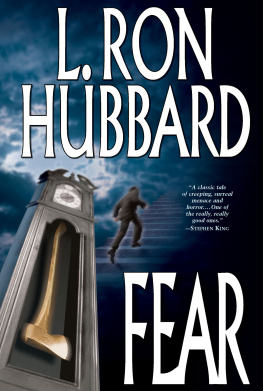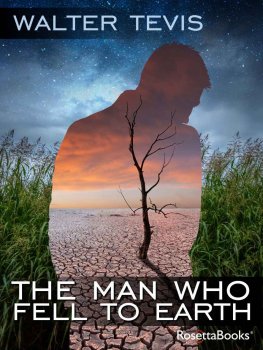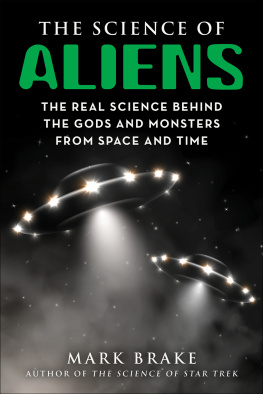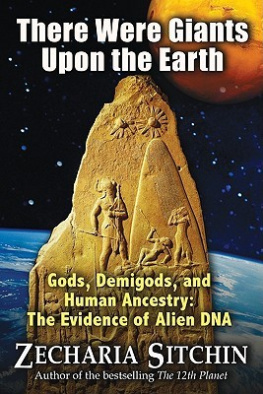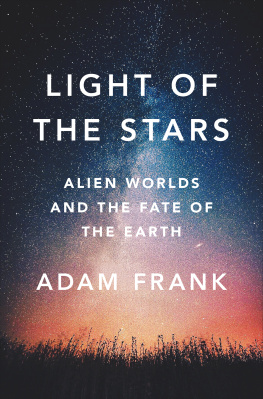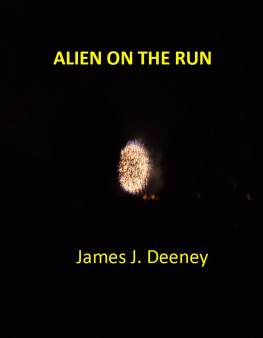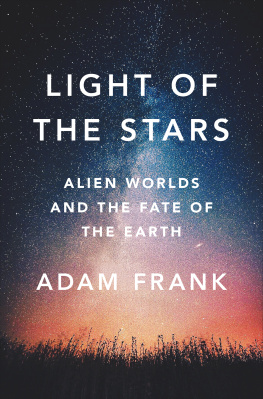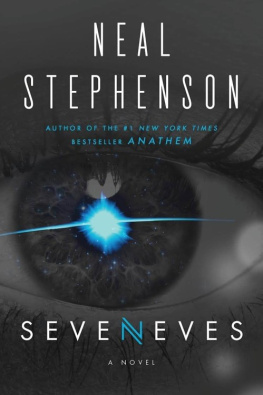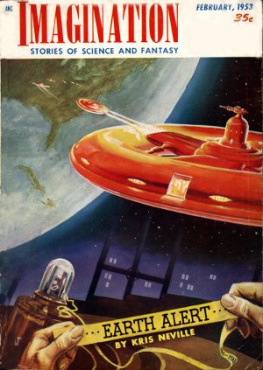Also by
L. Ron Hubbard
Buckskin Brigades
The Conquest of Space
The Dangerous Dimension
Deaths Deputy
The End is Not Yet
Fear
Final Blackout
The Kilkenny Cats
The Mission Earth Dekalogy*
Volume 1: The Invaders Plan
Volume 2: Black Genesis
Volume 3: The Enemy Within
Volume 4: An Alien Affair
Volume 5: Fortune of Fear
Volume 6: Death Quest
Volume 7: Voyage of Vengeance
Volume 8: Disaster
Volume 9: Villainy Victorious
Volume 10: The Doomed Planet
Ole Doc Methuselah
Slaves of Sleep & The Masters of Sleep
To the Stars
Triton
Typewriter in the Sky
The Ultimate Adventure
* Dekalogya group of ten volumes
BATTLEFIELD EARTH
by L. Ron Hubbard
1982, 1984, 1995, 1999, 2000, 2001, 2002
L. Ron Hubbard Library.
All Rights Reserved.
No part of this book may be used or
reproduced in any manner whatsoever without written
permission except in the case of brief quotations
embodied in critical articles or reviews.
For information, contact
Galaxy Press, LLC
7051 Hollywood Blvd.,
Hollywood, CA 90028
BATTLEFIELD EARTH
is a trademark owned by
Author Services, Inc.,
and is used with its permission.
This book contains
the complete text of the
original hardcover edition.
ISBN: 978-1-59212-846-4 ePub edition
ISBN: 978-1-59212-007-9 paperback edition
Library of Congress Control Number: 2002113988
This brand-new novel is dedicated to Robert A. Heinlein,
A. E. van Vogt, John W. Campbell, Jr., and all the merry crew* of science fiction and fantasy writers of the thirties and fortiesThe Golden Agewho made science fiction and fantasy the respected and popular literary genres they have become today.
*Stars of that time include, in part:,
Forrest J. Ackerman, Poul Anderson, Isaac Asimov, Harry Bates , Eando Bender, Alfred Bester, James Blish, Robert Bloch, Nelson Bond, Anthony Boucher, Leigh Brackett, Ray Bradbury, Fredric Brown, Arthur J. Burks, Edgar Rice Burroughs, Karel apek, E. J. Carnell, Cleve Cartmill, Arthur C. Clarke, Hal Clement, Groff Conklin, Ray Cummings, L. Sprague de Camp, Lester del Rey, August Derleth, Ralph Milne Farley, Hugo Gernsback, Mary Gnaedinger, H. L. Gold, Edmond Hamilton, Robert E. Howard, E. Mayne Hull, Aldous Huxley, Malcolm Jameson, David H. Keller, Otis Adelbert Kline, C. M. Kornbluth, Henry Kuttner, Fritz Leiber, Murray Leinster, Willey Ley , Frank Belknap Long , H.P. Lovecraft, R. W. Lowndes, J. Francis McComas, Laurence Manning, Leo Margulies, Judith Merril, Sam Merwin, Jr., P. Schuyler Miller, C. L. Northwest Smith Moore , Alden H. Norton, George Orwell, Raymond A. Palmer, Frederik Pohl, Fletcher Pratt, E. Hoffman Price, Ed Earl Repp, Ross Rocklynne, Eric Frank Russell, Nathan Schachner, Idris Seabright (Margaret St. Clair), Clifford D. Simak, C. A. Smith, E. E. Doc Smith, Olaf Stapledon, Theodore Sturgeon, John Taine, William F. Temple, F. Orlin Tremaine, Wilson Tucker, Jack Vance, Donald Wandrei, Stanley G. Weinbaum, Manly Wade Wellmam, H. G. Wells, Jack Williamson, Russell Winterbotham, Donald A. Wollheim, Farnsworth Wright, S. Fowler Wright, Philip Wylie, John Wyndham, Arthur Leo Zagat, and all their illustrators. They are all worth rereading, every one.
Contents
Introduction
Recently there came a period when I had little to do. This was novel in a life so crammed with busy years, and I decided to amuse myself by writing a novel that was pure science fiction.
In the hard-driven times between 1930 and 1950, I was a professional writer not simply because it was my job, but because I wanted to finance more serious researches. In those days there were few agencies pouring out large grants to independent workers. Despite what you might hear about Roosevelt relief, those were depression years. One succeeded or one starved. One became a topliner or a gutter bum. One had to work very hard at his craft or have no craft at all. It was a very challenging time for anyone who lived through it.
I have heard it said, as an intended slur, He was a science fiction writer, and have heard it said of many. It brought me to realize that few people understand the role science fiction has played in the lives of Earths whole population.
I have just read several standard books that attempt to define science fiction and to trace its history. There are many experts in this field, many controversial opinions. Science fiction is favored with the most closely knit reading public that may exist, possibly the most dedicated of any genre. Devotees are called fans, and the word has a special prestigious meaning in science fiction.
Few professional writers, even those in science fiction, have written very much on the character of sf. They are usually too busy turning out the work itself to expound on what they have written. But there are many experts on this subject among both critics and fans, and they have a lot of worthwhile things to say.
However, many false impressions exist, both of the genre and of its writers. So when one states that he set out to write a work of pure science fiction, he had better state what definition he is using.
It will probably be best to return to the day in 1938 when I first entered this field, the day I met John W. Campbell, Jr., a day in the very dawn of what has come to be known as The Golden Age of science fiction. I was quite ignorant of the field and regarded it, in fact, a bit diffidently. I was not there of my own choice. I had been summoned to the vast old building on Seventh Avenue in dusty, dirty, old New York by the very top brass of Street and Smith publishing companyan executive named Black and another, F. Orlin Tremaine. Ordered there with me was another writer, Arthur J. Burks. In those days when the top brass of a publishing companyparticularly one as old and prestigious as Street and Smithinvited a writer to visit, it was like being commanded to appear before the king or receiving a court summons. You arrived, you sat there obediently, and you spoke when you were spoken to.
We were both, Arthur J. Burks and I, top-line professionals in other writing fields. By the actual tabulation of A.B. Dick, which set advertising rates for publishing firms, either of our names appearing on a magazine cover would send the circulation rate skyrocketing, something like modern TV ratings.
The top brass came quickly to the point. They had recently started or acquired a magazine called Astounding Science Fiction . Other magazines were published by other houses, but Street and Smith was unhappy because its magazine was mainly publishing stories about machines and machinery. As publishers, its executives knew you had to have people in stories. They had called us in because, aside from our A.B. Dick rating as writers, we could write about real people . They knew we were busy and had other commitments. But would we be so kind as to write science fiction? We indicated we would.
They called in John W. Campbell, Jr., the editor of the magazine. He found himself looking at two adventure-story writers, and though adventure writers might be the aristocrats of the whole field and might have vast followings of their own, they were not science fiction writers. He resisted. In the first place, calling in topliners would ruin his story budget due to their word rates. And in the second place, he had his own ideas of what science fiction was.
Campbell, who dominated the whole field of sf as its virtual czar until his death in 1971, was a huge man who had majored in physics at Massachusetts Institute of Technology and graduated from Duke University with a Bachelor of Sciences degree. His idea of getting a story was to have some professor or scientist write it and then doctor it up and publish it. Perhaps that is a bit unkind, but it really was what he was doing. To fill his pages even he, who had considerable skill as a writer, was writing stories for the magazine.
Next page

